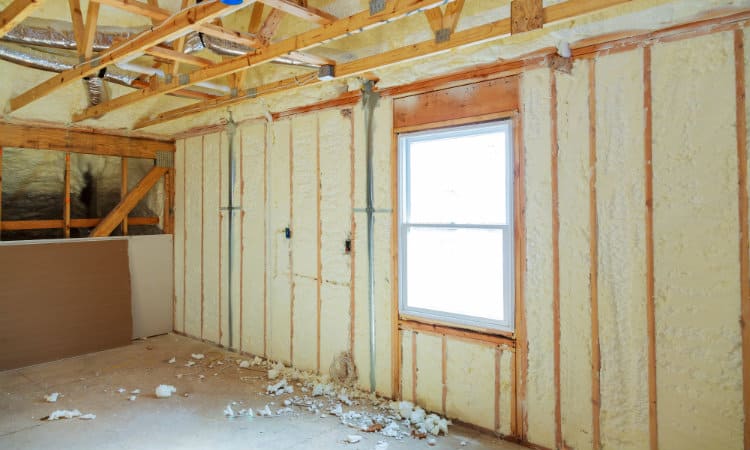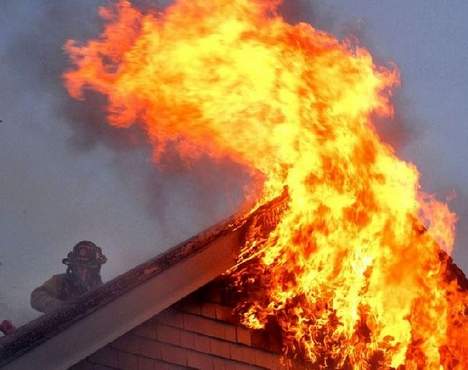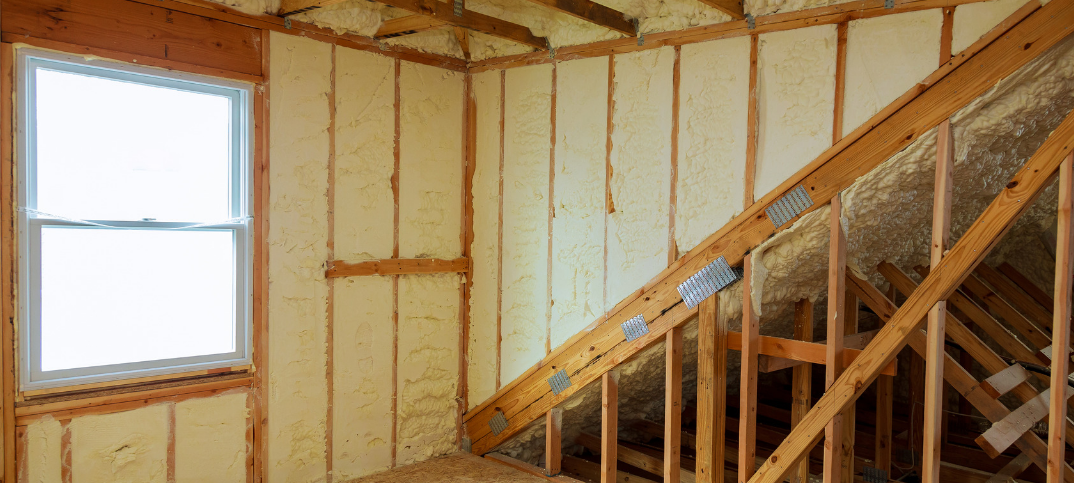Does Spray Foam Insulation Need A Fire Barrier

Foam insulation as an air sealing material.
Does spray foam insulation need a fire barrier. If there s a fire in the building a thermal barrier keeps the combustible spray foam from the flames to increase fire resistance. According to a guide for spray foam installers thermal barriers and ignition barriers for the spray polyurethane foam industry when exposed to fire sources such as trash fires welding arcs cutting torches or red hot metal unprotected spf spray polyurethane foam can ignite and may result in a flash fire. If you have more questions about using spray foam insulation please contact as and you will. Welcome to ask the pole barn guru where you can ask questions about building topics with answers posted on mondays.
Foam insulation provides an air barrier to wherever it is applied to help mitigate air leakage from the building. The code does provide guidance for testing the installation of spray foams without an ignition barrier. Not required thermal barrier and ignition barrier. Dc315 meets ibc irc codes in the usa canadian nbcc and many international building code requirements.
Dc315 thermal and ignition barrier for spray polyurethane foam spf dc315 is a fully tested and approved intumescent coating to meet alternate 15 minute thermal barrier and ignition barrier protection over spray polyurethane foam spf. If you have more questions about using spray foam insulation please contact as and you will know the answers. One of the key differentiators between traditional insulation materials and spray foam insulation is the latter s ability to insulate and air seal. Does spray foam insulation need a vapor barrier.
These are the only ignition barriers. The irc specifically lists gypsum drywall as an acceptable thermal barrier material. If you put spray foam insulation in a building it needs a thermal barrier. Many spray foam manufacturers test their spray foam systems with an intumescent coating in place of the ignition barrier.
That s what separates it from the occupied spaces. Spray foam insulation still is considered the most economical method to attain the air tightness requirement of 3 5 ach and lowest eri. Code requirements for fire barriers fall into three categories. All foam plastics including spray polyurethane foam used in residential building construction are required to have a thermal barrier installed that separate the foam from the interior of the building.
That s what separates it from the occupied spaces. The ibc and irc list 6 ignition barriers. The increased use of foam plastic insulation in csg s home performance programs makes it necessary to clarify what types of fire barriers are needed to cover this material as required by code. If there s a fire in the building a thermal barrier keeps the combustible spray foam from the flames to increase fire resistance.
It s hard to say does your building need vapor barrier or not.



















:max_bytes(150000):strip_icc()/__opt__aboutcom__coeus__resources__content_migration__treehugger__images__2012__12__spray_foam-84d12d55962e4a6ab8158888b78f4297.jpg)


























